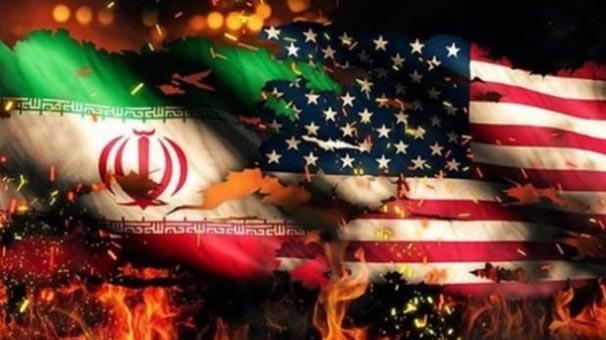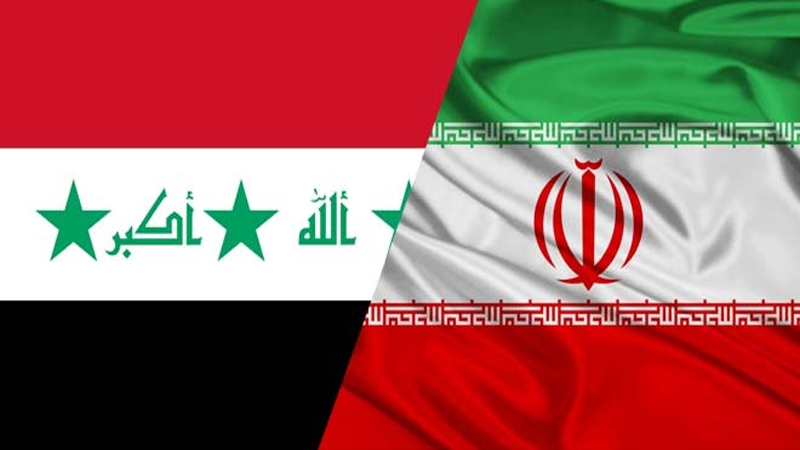Why Does Iran Stamp Out Non-Persian Languages?

Many international organizations and institutions across a multitude of countries are working to strengthen and support mother tongues, especially those languages facing extinction due to the lack of native speakers.
UNESCO was founded to preserve the cultures of peoples and nations so that the world could sustain its current cultural diversity. Counter to this endeavor, there are countries that actively seek to destroy certain cultures and languages by prohibiting those languages and punishing those who speak them.
Among these countries is Iran, which publicly espouses the belief that the country should be unified in one culture and one language – Persian. However, in Iran, there have historically been many different groups of people using a variety of languages freely until outlawed by the regime and forgotten over time due to lack of use.
Since the 1936 establishment of the Iranian nation-state, the Persian rule, by military force and repression, have sought to assimilate several peoples, some of whom still exceed the Persians in number, in order to create one people with one language and one culture – Persian.
In the first quarter of the 20th century, the Iranian regime sought to spread the Persian language and mandate its use in all territories it occupied – regardless of the language and culture of the native people there.
At the time, they did this under the pretext that the modern state they founded needed a single language and a common culture in order to thrive. As such, authorities banned the native languages in order to blur and obliterate indigenous identities.
Regime-sanctioned racial discrimination became prevalent, with state laws favoring Persian people while ignoring or neglecting other ethnic groups in terms of social, political and economic aspects. After a time of not being able to use their own mother languages, these native tongues, such as the Arabic language of Ahwazi people, began to disappear – forgotten in time due to oppressive laws from the Iranian regime.
In 1979, a revolution in Iran prevailed. The people from diverse ethnicities such as Ahwazi Arabs, Turks, Kurds and Baluch supported this revolution hoping to reclaim what they had lost during previous authoritarian rule. One of the most sought after freedoms desired was to study in the local languages of non-Persian ethnic groups in Ahwaz, Kurdistan, South Azerbaijan and Baluchistan.
This was clearly demonstrated at the time by the demands vocalized from delegations of these peoples who went to meet with Khomeini. Among these peoples, the Arab people of Ahwaz demanded recognition of the importance in preserving their culture and Arabic language. However, Khomeini rejected all the demands of those delegations on the pretext that any actions to preserve or revitalize the languages and cultures of these people would only contribute to fragmentation and division of Iran.
What Khomeini said flies in the face of legal articles put in the Iranian constitution which seemed to have come in response to the demands of these peoples, but has not been activated to this day.
Article 15 states that the Persian language must be taught in schools, but those other languages may be taught alongside it. This draws a clear distinction between the Persian language, which is obligatory, and other languages, which are permissible.
However, there is a catch embedded in the language of Article 15: It stipulates that it is permissible to teach non-Persian languages, but this does not mean that schools can give lessons spoken in that language. For example, students cannot have all their lessons taught to them by a teacher speaking their native language, but they can take one class dedicated to the study of it as a “foreign language.”
In another effort to crush language variety, the textbooks were written and arranged in such a way to be purposefully unclear and confusing linguistically. The Persian teachers tend to teach these languages poorly and apathetically, however, they put a lot of pressure on the students to do well in the final exams.
When children are taught their native languages improperly, then set up to fail their exams, it is only natural for them to struggle in their studies, lose faith in their abilities and eventually give up perusing it.
Persian teachers also tend to actively promote racist stereotypes in the classroom about non-Persian students, such as laughing at the accent of Ahwazi Arabs, Turks and Kurds when they are speaking Persian. The teachers will say these students need to be the more high class by promoting Persian accent while losing their mother tongue accent, which teachers say destroys the “sweetness” of Persian accent.
This blatant and subtle Persianization breaks the spirits of these students. Due to this humiliation, students suffer this dual-identity crisis, where they feel they must hide their true identity behind faux Persianism in order to get ahead in life.
All these practices promoted by the Iranian regime against non-Persian ethnic groups are justified under the pretext of preserving the sovereignty and territorial integrity of Iran from fragmentation and division.
The Iranian regime also espouses staunch opposition to providing education in other languages due to their claim that it will dilute and bring about the loss of the Persian language. But none of these authorities asks themselves why the capabilities, languages, and cultures of these other groups of peoples must be sacrificed in order to preserve the one language and one culture of the Persians.
Iranian politicians are well aware that the militant ways of Reza Pahlavi, the former Shah of Iran, who aimed to create a nation unified by one people and one language has not, and will not, be successful. All these repressive practices that exist now are only temporary and will be removed sooner or later.
But the regime does not want to give up their gains and will seek to preserve them with oppression and militancy. What no one in positions of power in Iran can understand is that the Persian language will not actually be jeopardized if the non-Persian peoples gain the right to receive education in their own languages.
The situation in Iran today has been impacted directly as a result of this imposed Persian supremacy which gained momentum due to colonialism. Many Persians in Iran seem unable to accept the idea that the Arab, Turks, Kurdish, Baluchi and Turkoman are also entitled to study in their own languages and preserve their cultures.
They are unable to accept the idea that despite all the oppressive methods that Iranian authorities have used to obliterate the identities and languages of other peoples, the people and languages persist. Their cultural and linguistic war has not prevailed however this policy has resulted in a high rate of students dropping out from schools at early ages in the marginalized non-Persian regions in Iran. Due to the challenges of learning the Persian language, students are held back linguistically, becoming only partially proficient in both their native tongue and the imposed Persian language.
Today, it would be better for UNESCO to expel Iran from its membership and disallow their participation in its activities. The regime is trying to destroy several languages native to Iran in lieu of solely promoting the Persian language.
Iran also systematically oppresses and punishes anyone who insists on learning and using their native language. These practices are in stark contrast to what UNESCO stands for.
Rahim Hamid is a freelance journalist and human rights advocate and co-founder of Ahwaz Monitor website who writes about the plight of his community – the Ahwazi Arabs – and other ethnic groups in Iran. You can follow him on Twitter: https://twitter.com/samireza42
























